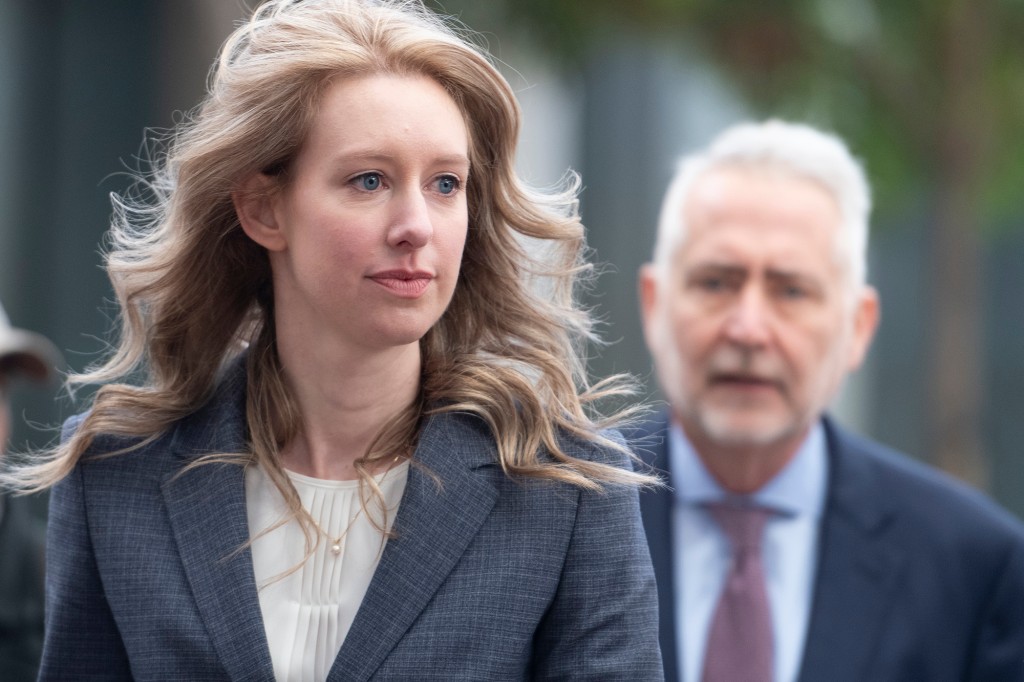A jury’s decision to convict disgraced Theranos founder Elizabeth Holmes for defrauding investors hinged on two pieces of evidence that were identified as “smoking guns” in the case, one juror said.
Susanna Stefanek, also known as Juror No. 8, told the Wall Street Journal that key documents proved to be damning for Holmes’ case.
The first piece of evidence was a document that falsely gave the appearance that pharmaceutical giant Pfizer had formally endorsed Theranos’ technology.
The second piece of evidence was a 2015 document Theranos provided to investors that projected $40 million in expected revenue through deals with pharmaceutical companies. However, prosecutors argued that no such contracts existed.
“There were just so many falsehoods on that sheet of paper,” Stefanek told the Journal.
Holmes, 37, was found guilty earlier this week on three counts of wire fraud and one count of conspiracy to commit fraud. The jury concluded that Holmes deliberately misled investors about the doomed medical tech startup’s blood-testing machine, as well as the financial health of Theranos’ business.
The key documents were critical to the prosecution’s case against Holmes.

Prosecutors argued that Theranos provided investors with a false report — emblazoned with Pfizer’s logo — claiming the pharmaceutical company validated the firm’s technology. But a Pfizer scientist testified that the logo was used without the company’s permission and told jurors the company reached the “opposite” conclusion about the machine’s effectiveness.
Holmes later admitted that she added the Pfizer logo, which some investors said helped to convince them to back Theranos.
“I wish I had done it differently,” Holmes said.

When pressed during the trial about the 2015 document showing $40 million in projected revenue through contracts with drug companies, Holmes confirmed Theranos did not have any income at the time from pharmaceutical firms.
Stefanek, identified as an Apple employee, said the documents were a step too far compared to exaggerations often made by Silicon Valley startups.
“When it got to providing those hard money figures that were completely bogus, that was when I had to say no,” Stefanek told the Journal.

Holmes was acquitted on four counts of fraud and conspiracy for allegedly defrauding patients. Jurors were unable to reach a decision on three other fraud charges.
Earlier this week, another juror, Wayne Kaatz, told ABC News that the jury was skeptical of Holmes’ testimony. Jurors developed a 1-to-4 scale to assess witness credibility, with 1 being the least credible. Holmes received a 2.
